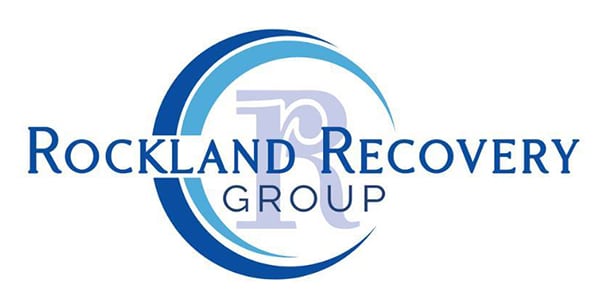Schizoaffective disorder is a complex mental health condition that can be difficult to manage without treatment. Those living with schizoaffective disorder often face unique challenges that not only affect them but also their families and those closest to them. Inpatient treatment for schizoaffective disorder can play a crucial role in helping individuals manage their mental health and improve their overall quality of life.
Jump to Section
Benefits Of Inpatient Treatment For Schizoaffective Disorder
The decision to receive inpatient treatment for schizoaffective disorder is an important one. The idea of inpatient care can feel overwhelming and raise many questions. When considering whether inpatient treatment is right for you or your loved one, it’s important to consider the benefits of care and how it can improve quality of life.
Round-The-Clock Inpatient Care
Schizoaffective disorder doesn’t operate on a convenient schedule. 24/7 support for schizoaffective disorder allows for immediate response to crisis situations, including psychotic episodes and extreme mood changes that may lead to self-harm. Inpatient mental health facilities provide continual, round-the-clock monitoring to address any deterioration in an individual’s condition immediately.
Safety and Stabilization
A schizoaffective treatment center is a safe space for those suffering from the condition. An inpatient treatment center provides a stable, controlled environment that is free of the triggers that may make schizoaffective disorder worse. Combining a stable environment and feeling safe allows patients to focus fully on their treatment and recovery without additional stressors.
Harm Prevention
Individuals with schizoaffective disorder are not typically a danger or threat to those around them. However, they are at a greater risk of self-harm and suicidal thoughts. Early intervention and continual support provided through inpatient treatment are crucial in helping someone with schizoaffective disorder overcome thoughts and behaviors that can lead to self-harm.
Access to a Range of Treatment Schizoaffective Disorder Treatment Options
Schizoaffective disorder, when left untreated, can significantly affect a person’s quality of life, including their self-image, relationships, career, and academic performance. A significant number of people are living with undiagnosed schizoaffective disorder, and even those who have received a diagnosis may not be receiving the most effective treatment.
There are several options available for treating the symptoms of schizoaffective disorder. However, regular assessment is necessary to determine whether the treatment route is or remains effective. The continual monitoring of inpatient mental health treatment provides an opportunity for professional clinical staff to accurately assess the effectiveness of each treatment and adapt the plan accordingly.
Structure
Structure is important for those living with schizoaffective disorder. However, it’s something that can be difficult to achieve and maintain. A structured environment and a level of predictability is helpful in managing the symptoms of schizoaffective disorder.
During inpatient care, there is structure and a daily routine, minimizing distractions and disruptions. Once inpatient treatment is complete, individuals can also learn strategies for structuring their time effectively.
Treatment of Co-Occurring Disorders
It’s not uncommon for other mental health and substance use disorders to co-exist with schizoaffective disorder. Due to the nature of these conditions, they may be passed off as symptoms or traits of schizoaffective disorder. However, it’s important that they be diagnosed and treated properly.
Addiction, anxiety, post-traumatic stress disorder, obsessive-compulsive disorder, and major depressive disorder are a few of the potential co-occurring disorders. A benefit of round-the-clock inpatient care for schizoaffective disorder is that these conditions can be diagnosed and treatment plans developed through a dedicated treatment path.
Support and Education for Families and Loved Ones
The effects of schizoaffective disorder reach beyond the person living with the condition. It can also have an impact on family and loved ones. While your loved one is receiving inpatient treatment, there may be opportunities to engage in family therapy, as well as resources for receiving therapy on your own. It’s equally important for family and loved ones to prioritize their own mental health and wellbeing during this time.
Additionally, a schizoaffective treatment center is a good place to seek out educational mental health resources, along with resources for other conditions, such as addiction. Even a base level of knowledge about schizoaffective disorder can help families and loved ones better understand what this condition is and the many ways it can affect a person.
Finding a Schizoaffective Treatment Center in Massachusetts
Those seeking schizoaffective treatment in Massachusetts have a few different options. The first is to visit the Substance Abuse and Mental Health Services Administration (SAMHSA) website. Here, you’ll find an online directory of providers, along with many other mental health resources.
Another option is to contact a mental health treatment center like Rockland Recovery directly. Our professional, experienced staff offers a full schizoaffective disorder treatment program, utilizing a combination of evidence-based and holistic therapies for whole healing. We encourage you to contact Rockland Recovery and learn more about our schizoaffective treatment options. Reach out to us today at 888-299-4833.




